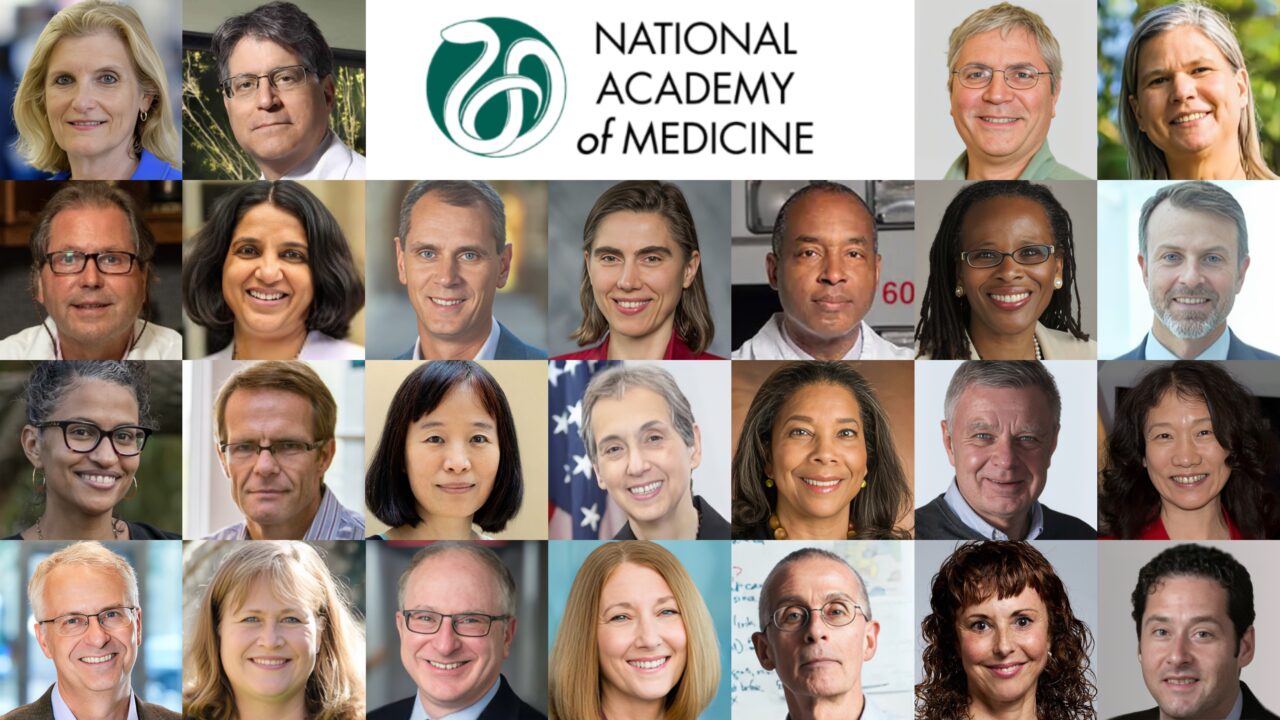
National Academy of Medicine Elects 100 New Members: Part 4
During its annual meeting National Academy of Medicine announced the election of 90 regular members and 10 international members.
Election to the Academy is considered one of the highest honors in the fields of health and medicine and recognizes individuals who have demonstrated outstanding professional achievement and commitment to service.
The National Academy of Medicine (NAM), originally founded as the Institute of Medicine (IOM) in 1970, is one of the three academies that comprise the National Academies of Sciences, Engineering, and Medicine in the United States. With over 2,400 members elected by their peers for their outstanding achievements, NAM plays a crucial role in guiding efforts to improve health and healthcare.
Operating under the 1863 Congressional charter of the National Academy of Sciences, NAM is a private, nonprofit institution that provides objective advice on matters related to science, technology, and health. Its members are dedicated to volunteer service, contributing their expertise to advance the mission of NAM and the broader National Academies.
REGULAR MEMBERS
Uma M. Reddy
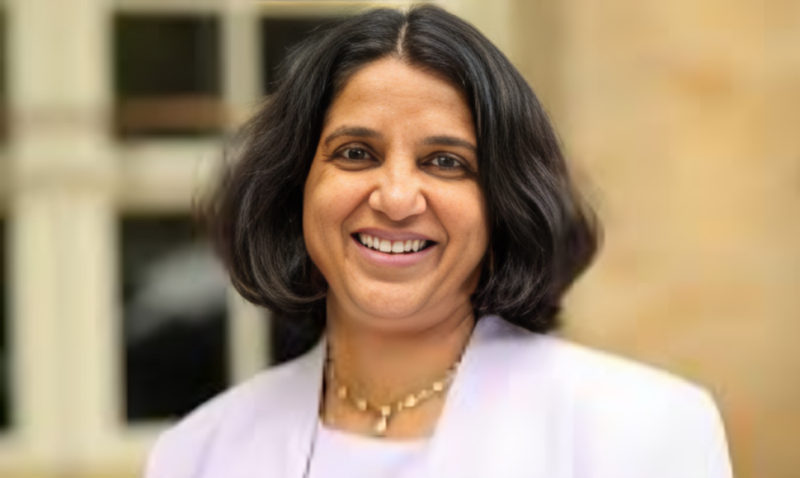
Uma M. Reddy, MD, MPH, professor and vice chair of research, department of obstetrics and gynecology, Vagelos College of Physicians and Surgeons, and professor of population and family health, Mailman School of Public Health, Columbia University Irving Medical Center, New York City. For leadership of paradigm-shifting research that has fundamentally advanced the understanding of stillbirth, neonatal morbidity and mortality, and labor management and their impact on maternal morbidity through large multicenter cohorts and trials, driving new standards in national obstetric practice and improved outcomes for pregnant people and their children.
Juergen Albrecht Richt
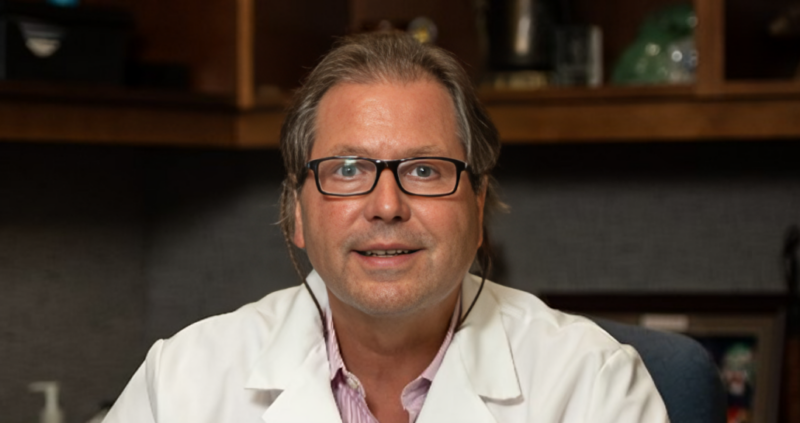
Juergen Albrecht Richt, DVM, PhD, Regents and University Distinguished Professor of Diagnostic Medicine/Pathobiology, College of Veterinary Medicine, Kansas State University, Manhattan. For being a pioneer in infectious diseases of “One Health” importance. His prolific basic and translational research findings on emerging pathogens of livestock, wildlife, and humans are unique and highly significant for animal/public health. His biocontainment expertise is crucial for the nation’s bio- and agro-terrorism defense capacities.
Selwyn O. Rogers Jr.
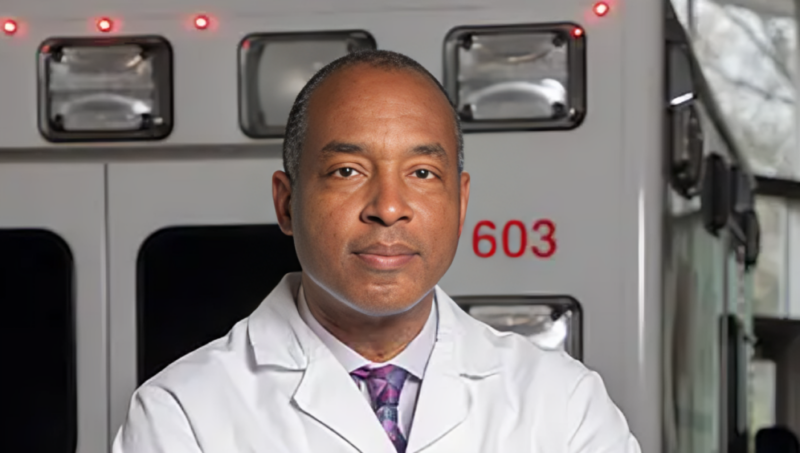
Selwyn O. Rogers Jr., MD, MPH, FACS, MAMSE, Dr. James E. Bowman Jr. Professor of Surgery; chief, Section for Trauma and Acute Care Surgery; founding director, Trauma Center; and executive vice president for community health engagement, University of Chicago Medicine, Chicago. For paradigm-shifting hospital-based violence interventions including Medical-Legal Clinics that address the social drivers of violent trauma to reduce gun violence and reduce recidivism. He is a leading national advocate for a holistic public health approach with an equity lens to prevent firearms injuries.
Jeffrey D. Rothstein
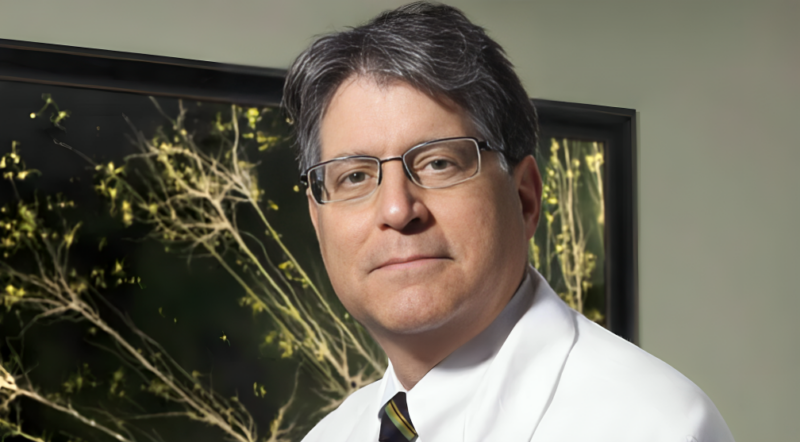
Jeffrey D. Rothstein, MD, PhD, John W. Griffin Director, Brain Science Institute; professor of neurology and neuroscience; and director, Robert Packard Center for ALS Research, Johns Hopkins University School of Medicine, Baltimore. For discoveries that led to the first FDA-approved drug for amyotrophic lateral sclerosis (ALS), and antisense therapies for C9orf72 ALS/FTD and nuclear pore dysfunction for TDP-43 based neurodegeneration. He founded the Packard Center 25 years ago, which has advanced science and training of leading basic and clinical ALS researchers.
David Henry Rowitch
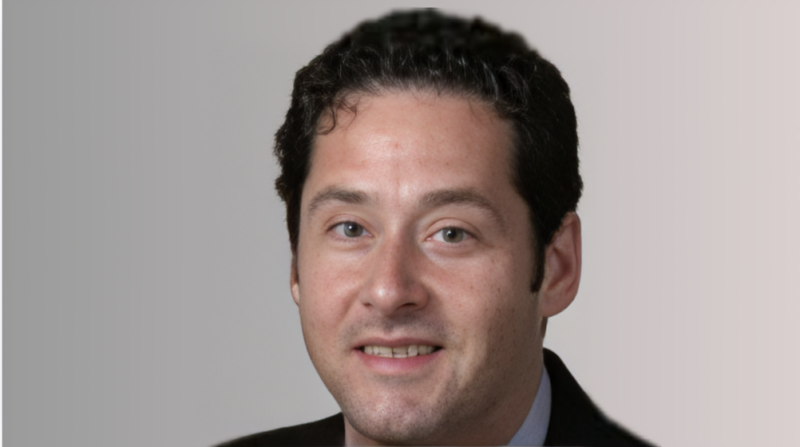
David Henry Rowitch, MD, PhD, FMedSci, FRS, professor and head, department of pediatrics, University of Cambridge; adjunct professor of pediatrics, University of California, San Francisco; and associate director, Basic and Translational Research, Cedars-Sinai Guerin Children’s, Cambridge, United Kingdom. For establishing fundamental genetic mechanisms that determine glial cell development in the brain. His research has provided insight into causes of leukodystrophy, multiple sclerosis, and cerebral palsy. He has transformed our understanding of fundamental neuroscience and promoted important advances for human neurological diseases.
Dana Gelb Safran

Dana Gelb Safran, ScD, president and chief executive officer, National Quality Forum; and chief scientific officer, The Joint Commission, Washington, D.C. For leadership, innovation, and accomplishment in improving health care quality, outcomes, equity, and affordability through performance measurement, including as an architect of value-based payment models that catalyzed payment reform nationally and internationally, and as a pioneer of patient-reported measures and novel consensus-based methods to rationalize and improve quality and implementation science.
Christine E. Schmidt
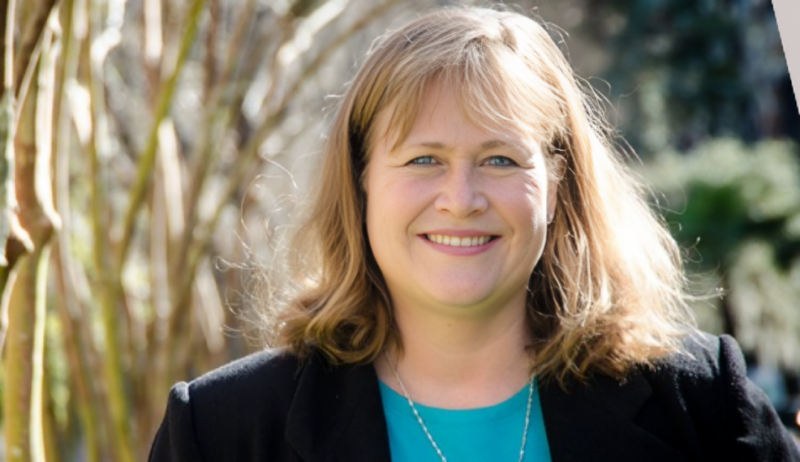
Christine E. Schmidt, PhD, distinguished professor and J. Crayton Pruitt Family Endowed Chair, J. Crayton Pruitt Family Department of Biomedical Engineering, University of Florida, Gainesville. For outstanding leadership, pioneering research, and clinical translation in neural tissue engineering and wound healing.
Nina F. Schor
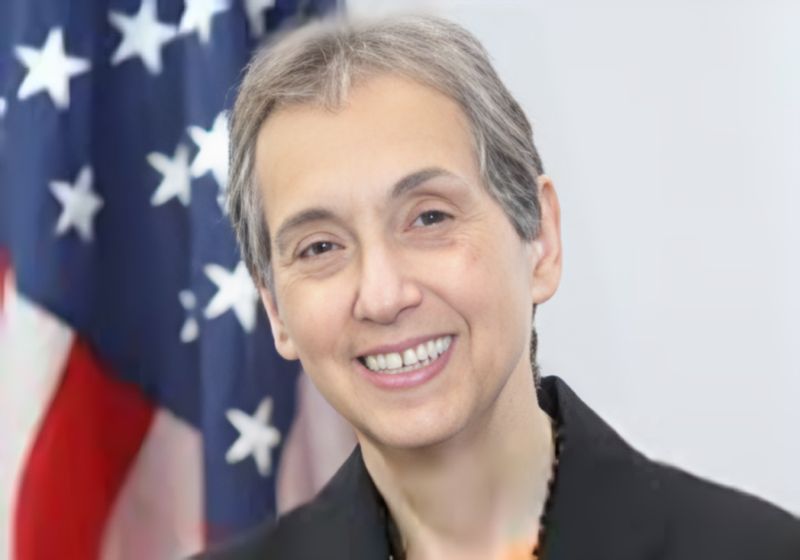
Nina F. Schor, MD, PhD, deputy director for intramural research, Office of the Director, National Institutes of Health, Bethesda, Md. For pioneering research that has radically improved outcomes for children with tumors of the nervous system. She has been a role model, mentor, and beacon to countless other female physician-scientists throughout her amazing career, from bench scientist to academic dean to NIH leader.
Deborah Schrag
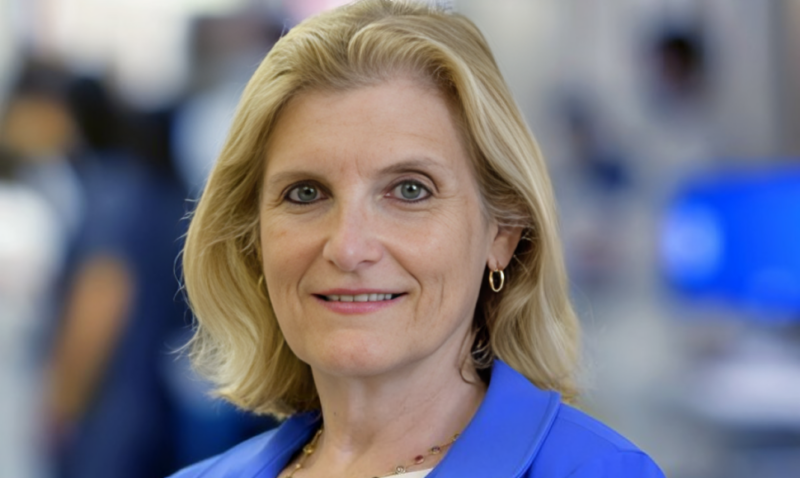
Deborah Schrag, MD, MPH, chair, department of medicine, Memorial Sloan Kettering Cancer Center, New York City. For pioneering efforts to develop, validate, and disseminate methods for ascertaining patient-reported outcomes that have advanced the quality, effectiveness, and efficiency of cancer research, for bridging the efficacy-effectiveness gap by developing strategies to improve equitable delivery of cancer care, and for leading practice changing studies in colorectal cancer.
Eugenia South
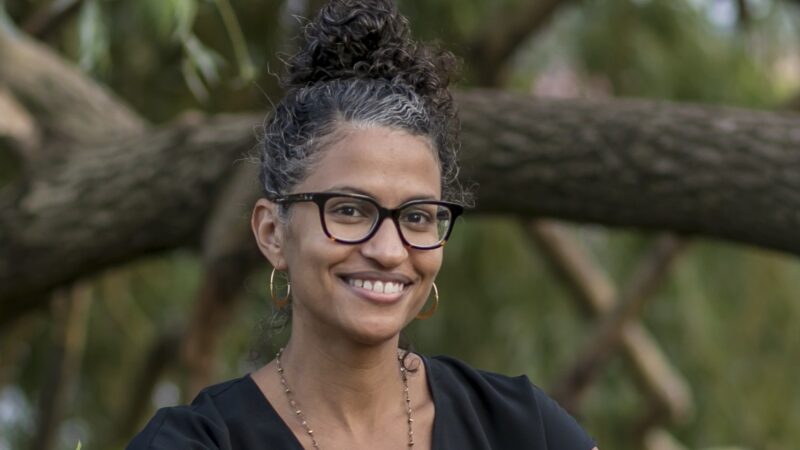
Eugenia South, MD, MSHP, Ralph Muller Presidential Associate Professor, Perelman School of Medicine; associate vice president of health justice, University of Pennsylvania Health System; and faculty director, Center for Health Justice, University of Pennsylvania, Philadelphia. For being among the country’s foremost leaders in developing and testing interventions to dismantle structural racism and prevent firearm injury in Black neighborhoods. She has made substantive, field-changing scientific and real-world contributions to advancing health via the lens of racial, environmental, and economic justice.
Konstantina M. Stankovic
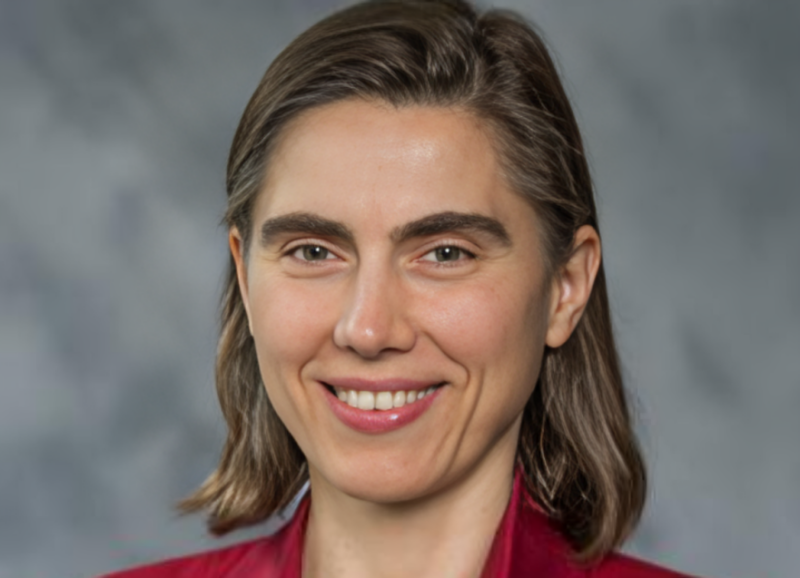
Konstantina M. Stankovic, MD, PhD, FACS, Bertarelli Foundation Professor and chair, department of otolaryngology – head and neck surgery, Stanford University School of Medicine, Stanford, Calif. For expertise in the causes and treatments of hearing loss, which affects 1.5 billion people worldwide. She has initiated and led successful national and international collaborations to develop and deploy novel molecular diagnostics and therapeutics for hearing loss while educating tomorrow’s leaders in surgery and science.
David M. Studdert

David M. Studdert, LLB, ScD, MPH, professor of health policy, department of health policy, Stanford University School of Medicine, and professor of law, Stanford Law School, Stanford, Calif. For illuminating the relationship between gun ownership and increased mortality risk. His landmark studies of medical injury and malpractice litigation, which produced novel evidence of how the liability system relates to health care quality, have deeply influenced legal reform.
Lorenz Studer
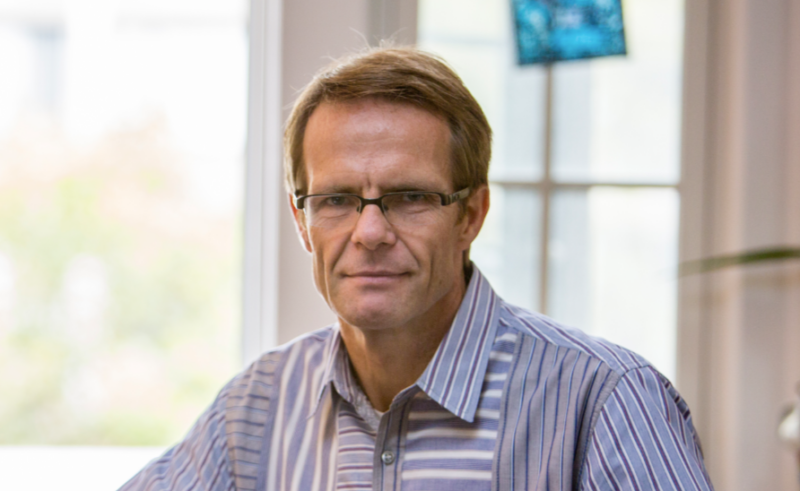
Lorenz Studer, MD, director, Center for Stem Cell Biology, and member, Developmental Biology Program, Memorial Sloan Kettering Cancer Center, New York City. For pioneering methods to differentiate mouse and human stem cells into a wealth of diverse nervous system cells. He discovered strategies to direct cellular maturation and aging, transforming our ability to model neurodegenerative diseases. He has spearheaded a human stem cell-based transplantation therapy for Parkinson’s disease.
Alexis A. Thompson
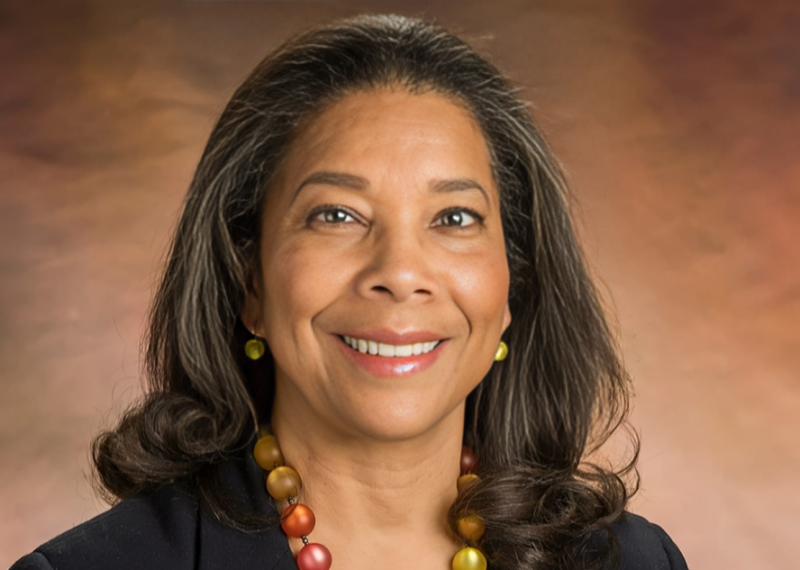
Alexis A. Thompson, MD, MPH, chief, Division of Hematology, and Elias Schwartz MD Endowed Chair in Hematology, Children’s Hospital of Philadelphia; and professor of pediatrics, University of Pennsylvania Perelman School of Medicine, Philadelphia. For leadership in sickle cell disease (SCD), including creation of the first national SCD learning community, the largest SCD data repository, and collaborations to improve care for children with SCD in sub-Saharan Africa, and for her role in recent FDA approval of gene therapy and other novel SCD therapeutics.
Matthew G. Vander Heiden
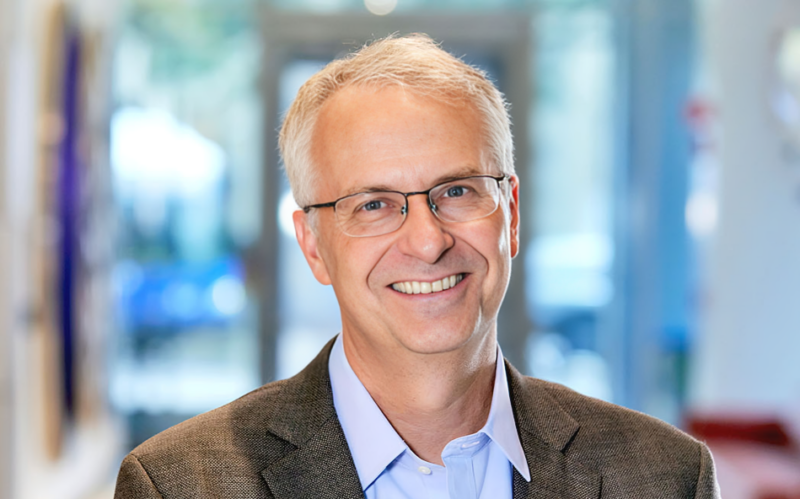
Matthew G. Vander Heiden, MD, PhD, director, Koch Institute for Integrative Cancer Research, Massachusetts Institute of Technology, Cambridge. For leadership in understanding cell metabolism and how it influences cancer initiation, progression, and therapy responses. His work has contributed to the development of approved therapies for cancer and anemia, and he is thought leader in understanding metabolic phenotypes and their relations to disease pathogenesis.
Fan Wang
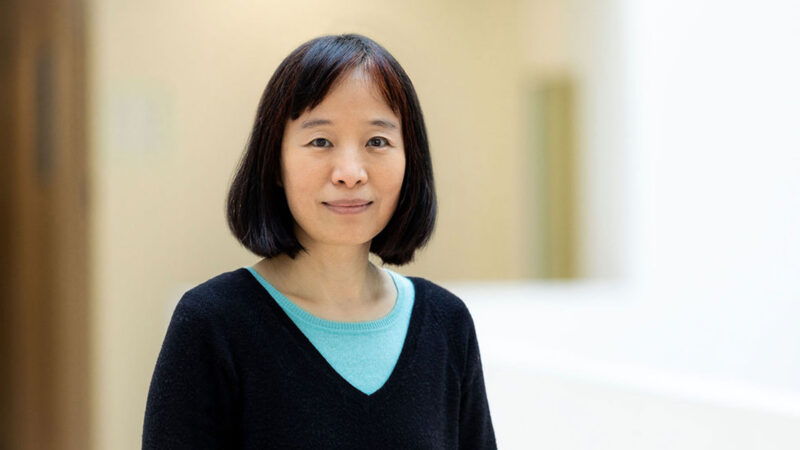
Fan Wang, PhD, professor of brain and cognitive sciences and investigator, McGovern Institute for Brain Research, Massachusetts Institute of Technology, Cambridge. For discoveries of brain circuits important for anesthesia and analgesia, and circuits for generating rhythmic and coordinated orofacial movements. Her research provided foundational knowledge for developing new therapies to treat chronic pain and movement disorders.
Donna L. Washington
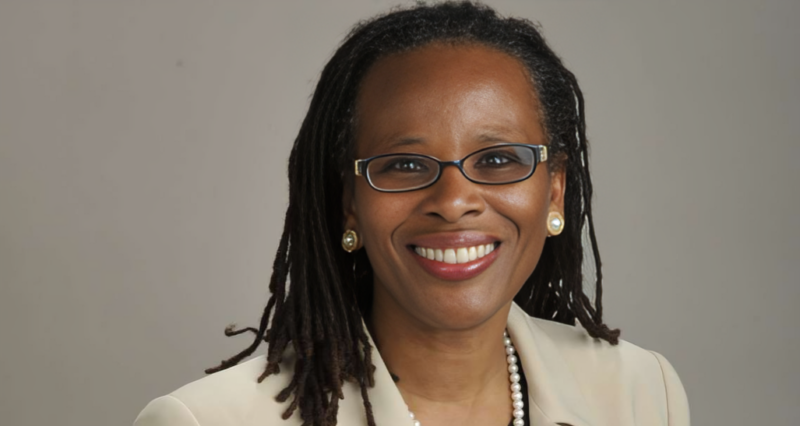
Donna L. Washington, MD, MPH, director, Health Equity-QUERI National Partnered Evaluation Center, Veterans Health Administration; and professor of medicine, VA Greater Los Angeles Healthcare System and David Geffen School of Medicine at University of California, Los Angeles. For groundbreaking research that has enhanced the understanding of the health and health care needs of U.S. veterans and to ensure equitable access to the highest quality health care and outcomes for this diverse population. Her work informs health policy and strategic-planning initiatives to eliminate health disparities by sex, race, and ethnicity.
Mitchell J. Weiss
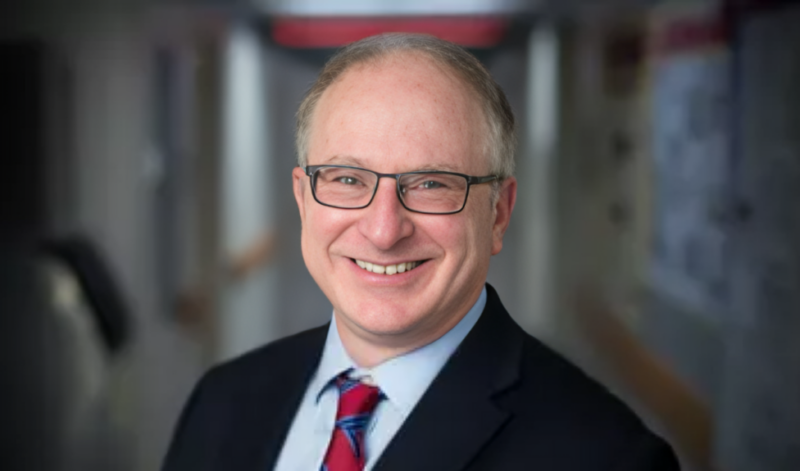
Mitchell J. Weiss, MD, PhD, chair, department of hematology, and Arthur Nienhuis Endowed Chair in Hematology, St. Jude Children’s Research Hospital, Memphis, Tenn. For being a key leader in characterizing blood cell development and the pathogenesis of red cell diseases, which has defined roles for noncoding RNAs in hematopoiesis and identified alpha-hemoglobin-stabilizing protein (AHSP) as a key regulator of alpha globin folding. He applied embryonic stem and induced pluripotent stem cell technologies to study erythropoiesis and develop new approaches to therapy.
John Wherry III
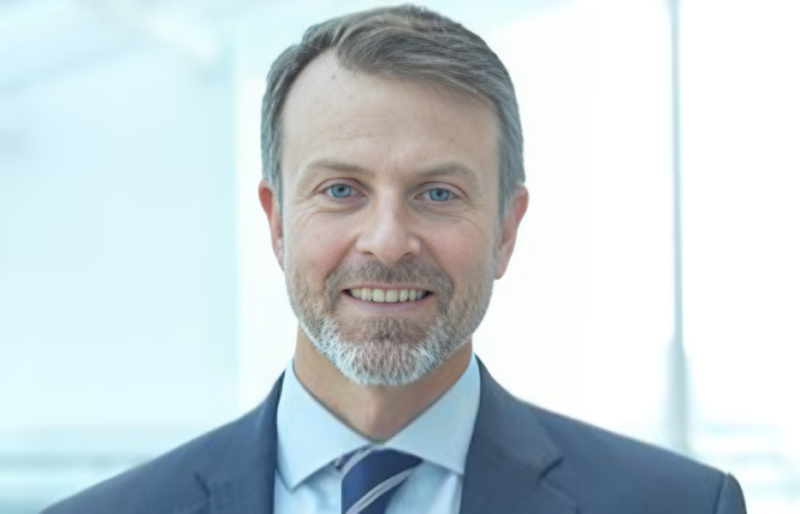
John Wherry III, PhD, Schiffrin President’s Distinguished Professor and chair, department of pharmacology and translational therapeutics; and director, Institute for Immunology, Perelman School of Medicine, University of Pennsylvania, Philadelphia. For pioneering the field of T cell exhaustion in chronic infections and cancer where he conducted a deep molecular dissection of this immune biology. He defined the genetic and epigenetic signatures of immunity and the mechanisms of blocking the PD1 immune checkpoint, the basis of major advances in cancer treatment.
Garen J. Wintemute

Garen J. Wintemute, MD, MPH, Susan P. Baker and Stephen P. Teret Chair in Violence Prevention, department of emergency medicine, University of California, Davis, Sacramento. For being a leading researcher in firearm injury prevention, spanning five decades. He brilliantly translates research findings to inform and evaluate gun violence policies and initiatives that are the basis of major policies at the state and federal levels.
Hao Wu
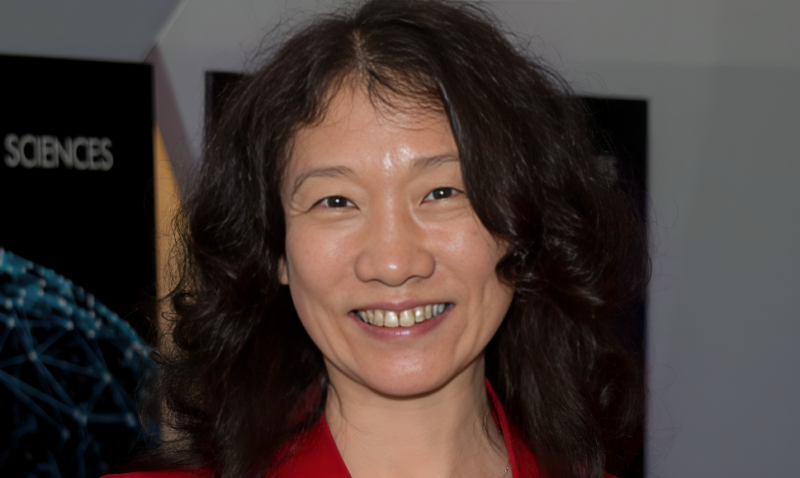
Hao Wu, PhD, senior investigator, Program in Cellular and Molecular Medicine, Boston Children’s Hospital; and Asa and Patricia Springer Professor, department of biological chemistry and molecular pharmacology, Harvard Medical School, Boston. For discovering supramolecular complexes (signalosomes) as central organizing structures that mediate signal transduction in innate immunity. Her studies led to a paradigm shift in signal transduction and new therapeutic strategies for inflammation and cancer where small molecules are developed to keep the signaling proteins in a monomeric, inactive state.
Marc A. Zimmerman
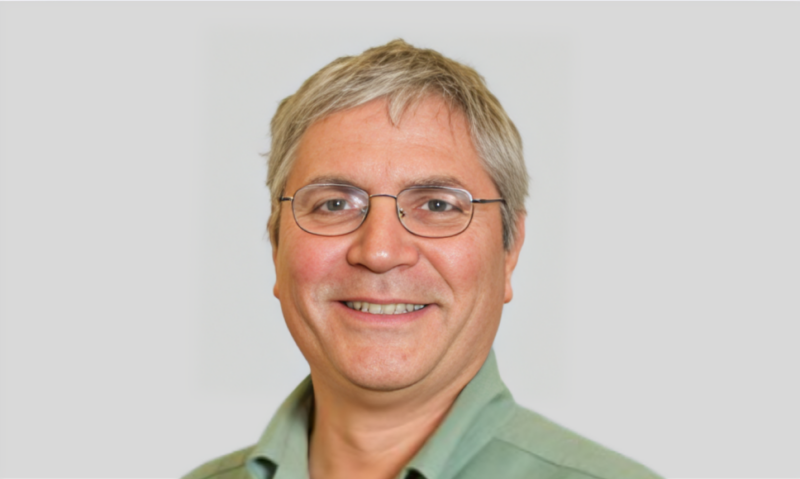
Marc A. Zimmerman, PhD, Marshall H. Becker Collegiate Professor, department of health behavior and health education, University of Michigan School of Public Health, Ann Arbor. For recognition as a preeminent leader for the development and implementation of groundbreaking public health interventions to prevent community and firearm violence.
INTERNATIONAL
Janet Kathleen Smylie
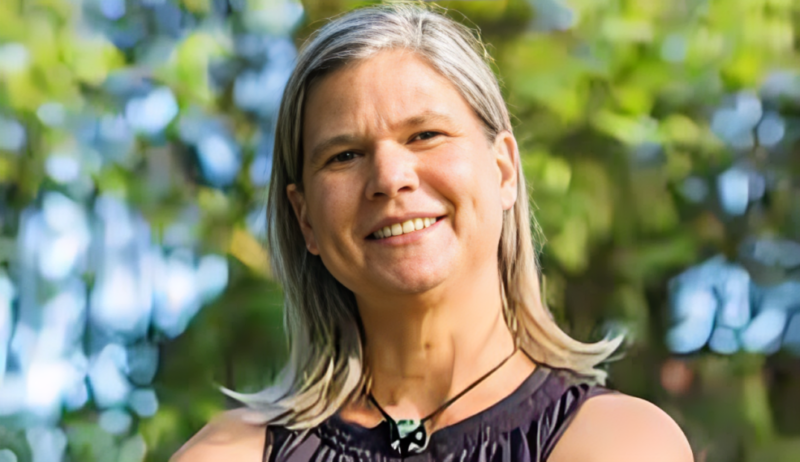
Janet Kathleen Smylie, MD, MPH, FCFP, research scientist, staff physician, and director, Well Living House Action Research Centre, Unity Health Toronto – St. Michaels Hospital; and professor, Dalla Lana School of Public Health and department of family and community medicine, University of Toronto, Toronto, Canada. For being globally respected for producing and translating innovative research into tangible benefits for Indigenous communities. Contributions include advancing Indigenous knowledge translation, unmasking urban Indigenous health inequities, and improving recognition of health systems’ responses to racism.
Henrik Toft Sørensen
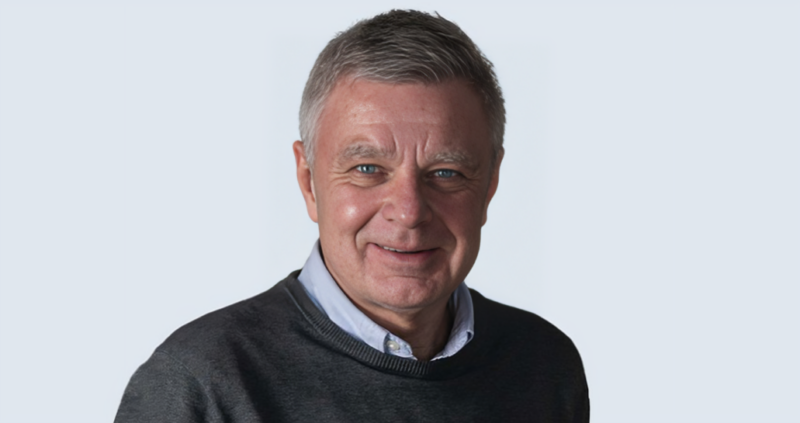
Henrik Toft Sørensen, MD, PhD, DrMedSci, DrSci, professor and chair, department of clinical epidemiology, Aarhus University, Aarhus, Denmark. For trailblazing the linkages between unparalleled Danish data systems, including medical records, prescriptions, disease registries, and/or bio specimens. He shaped the information systems to enable 1,400 research studies based on these systems, shedding groundbreaking light on the outcomes and clinical courses of common diseases including cancer.
Sarah J. Tabrizi
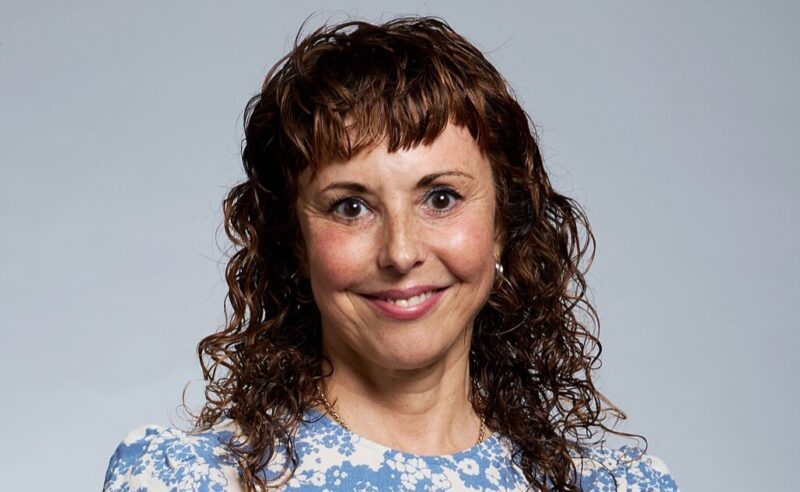
Sarah J. Tabrizi, PhD, MBChB, FMedSci, FRS, professor of clinical neurology and neurogenetics and director, Huntington’s Disease Centre, and joint head, department of neurodegenerative disease, University College London Queen Square Institute of Neurology; and principal investigator, UK Dementia, London, United Kingdom. For contributions that have impacted experimental therapeutics of Huntington’s disease, leading multidisciplinary research teams to the first randomized clinical trials of nucleic acid therapies, and forging a biological staging approach tethered to fundamental science and patient research for treating neurodegenerative disorders, akin to cancer therapeutics.
100 New Members of NAM: Part 1
100 New Members of NAM: Part 2
100 New Members of NAM: Part 3
-
Challenging the Status Quo in Colorectal Cancer 2024
December 6-8, 2024
-
ESMO 2024 Congress
September 13-17, 2024
-
ASCO Annual Meeting
May 30 - June 4, 2024
-
Yvonne Award 2024
May 31, 2024
-
OncoThon 2024, Online
Feb. 15, 2024
-
Global Summit on War & Cancer 2023, Online
Dec. 14-16, 2023
